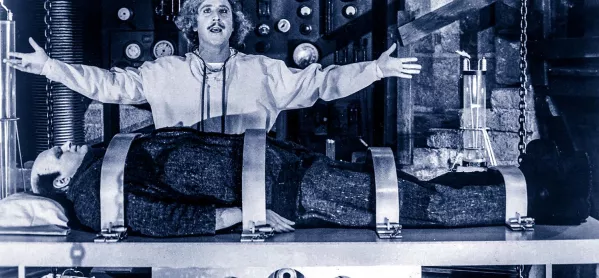As an English teacher, marking has always been a battle. The nature of my subject means that marking often involves tackling reams of paper and giving a mark based on a (seemingly) ambiguous mark scheme.
And the process has always felt flawed. Marking any extended written piece leads to subjectivity and, of course, your own individual interpretation of a mark scheme plays a huge role in how you award marks.
But I have always just persevered because there did not seem to be any better alternatives.
End of long-form marking?
And then comparative judgement came a long.
Comparative judgement is an assessment approach that has attracted an increasing amount of interest. The concept was originally introduced to me a couple of years ago and my trained, traditional marking mind couldn’t process how an approach could yield such detailed data from such seemingly simple inputs. On top of this, the data is processed in real time and can give an instant picture.
The process involves a computer programme presenting you with two pupils’ scripts and you have to decide which one is better. These two are then compared with others and the process goes on.
Somewhere in the witchcraft, the computer algorithm is able to process and rank the scripts, which can then be awarded marks and grades.
Comparative judgement success
In a trial, we “long marked” a set of papers and then did a comparative judgement on the scripts. In terms of accuracy, there was surprisingly little fluctuation between the two marks for each individual pupil.
The main difference was that the comparative judgement took a matter of seconds (20-30 per script) whereas our traditional marking took 10 times that.
Following our in-house validation, the final validation that this was something to take note of was the finding of an Ofqual paper in 2017. Comparative judgement was found to be as reliable as traditional marking in its study.
So what does this mean for classroom teachers? Well, it might be the start of the end of those crazy piles of mocks. The approach has a number of benefits, including time and accuracy, but, of course, these come at a cost.
It is more difficult to provide individual feedback. The software requires a subscription and, of course, you need enough judges to make your comparisons valid… but do these factors outweigh the hours that this approach could save classroom teachers?
Adam Riches is a specialist leader of education and lead teacher in English




